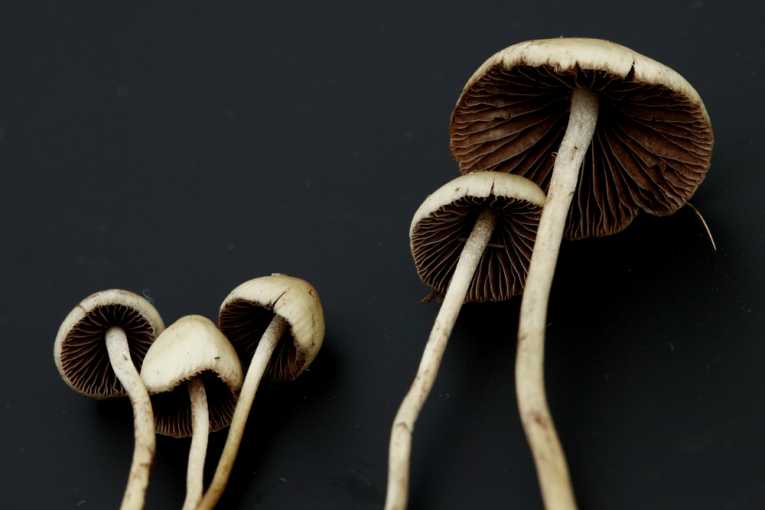There is hope that an active ingredient found in magic mushrooms, psilocybin, could be used to help with the treatment of depression.
Two scientific studies published this week show how activity in certain parts of the brain is subdued by an ingredient found in magic mushrooms, psilocybin. Results from both studies conclude that people exposed to psilocybin have clearer memories, which may provide an insight into the effects of psychedelic drugs on the brain.
Proceedings of the National Academy of Sciences (PNAS) published the first study yesterday. Tests to measure activity in the brain were done on a group of 30 volunteers, who had psilocybin mixed into their bloodstream while having MRI scans (magnetic resonance imaging). The volunteers were separated into two equal groups, each one studied using a different type of functional MRI (fMRI) scanner. The MRIs showed that instead of increasing brain activity as was previously assumed, activity actually fell in certain highly connected areas of the brain, or brain 'hubs'.
Lead author for both of the studies was Professor David Nutt, from Imperial College London. Professor Nutt, once an advisor to the British Government said: "Psychedelics are thought of as 'mind-expanding' drugs so it has commonly been assumed that they work by increasing brain activity, but surprisingly, we found that psilocybin actually caused activity to decrease in areas that have the densest connections with other areas. These hubs constrain our experience of the world and keep it orderly. We now know that deactivating these regions leads to a state in which the world is experienced as strange."
The volunteers did report various 'strange' visual and bodily sensations, which corresponded to reduced levels of blood flow and medical oxygen saturation in areas of the brain.

Magnetic Resonance Imaging Scanner (MRI) via Shutterstock
Test results in the second of the studies showed psilocybin elevated levels of personal memory recollection and suggests it may be useful to complement psychotherapy and may have future potential to help with the treatment of depression. The full results of this second study are due for publication in the British Journal of Psychiatry later this week.
First author of both study papers, Dr Robin Carhart-Harris, who is also from Imperial College London, said: "Psilocybin was used extensively in psychotherapy in the 1950s, but the biological rationale for its use has not been properly investigated until now. Our findings support the idea that psilocybin facilitates access to personal memories and emotions.
"Previous studies have suggested that psilocybin can improve people's sense of emotional wellbeing and even reduce depression in people with anxiety. This is consistent with our finding that psilocybin decreases mPFC activity, as many effective depression treatments do. The effects need to be investigated further, and ours was only a small study, but we are interested in exploring psilocybin's potential as a therapeutic tool."
It is worth acknowledging, as the authors of the papers do, that the volunteers who participated in the studies did have prior experiences of psychedelic drugs. Regardless, the promising results shown in these two research papers seems evidence enough that further study does seem warranted.










